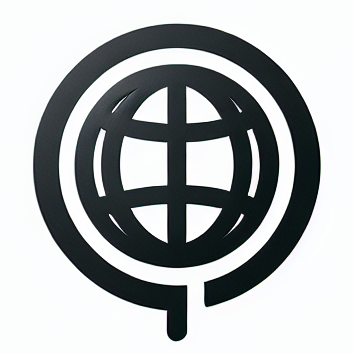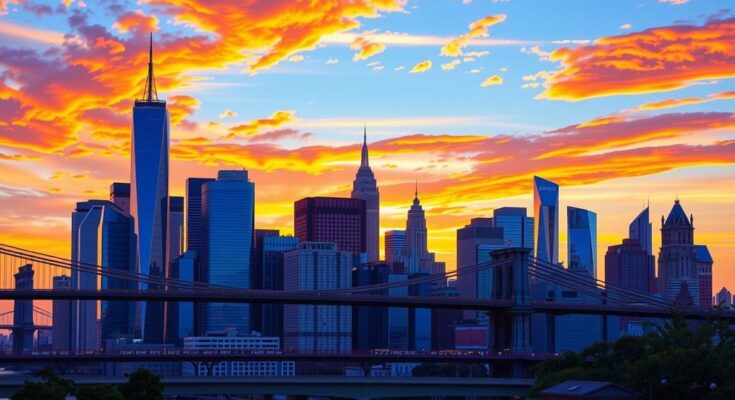Zohran Mamdani is on the cusp of something huge as he claims a major lead in New York City’s Democratic primary for mayor. At the age of 33, he’s igniting conversations nationwide.
Meet New York City’s Rising Political Star
Zohran Mamdani is making headlines as he stands on the brink of becoming the Democratic nominee for mayor of New York City. He surged ahead in the city’s ranked-choice primary, which took place on a Tuesday that many will remember as a pivotal moment. At just 33 years old, this state assembly member and democratic socialist had been virtually unknown when he entered the crowded field last fall, but thanks to his viral videos and relatable policy proposals, he has become a recognisable figure, particularly among younger voters. This grassroots effort has transformed him from an underdog into a frontrunner with an impressive 44% of the votes counted so far, far outpacing former Governor Andrew Cuomo’s 36%. The primary hasn’t fully concluded, but it looks like Mamdani’s held the lead long enough to declare a symbolic victory.
A Historic Potential for New York City
Mamdani’s victory signifies much more than just numbers on a ballot; it embodies a wave of change that could reshape New York’s political landscape. If he wins, history will be made. He would be not only New York City’s first Muslim mayor but also its youngest in over a century, joining the ranks of John Purroy Mitchel, the ‘Boy Mayor’, who took office at age 34 back in 1914. With his birthday coming up soon, the spotlight’s on. Born to an academic and a filmmaker, his family made a pivotal transition moving from Kampala, Uganda, to New York City when he was just seven. He became a U.S. citizen in 2018 and as an aspiring mayor, he’s even got a dating app romance under his belt — marrying his wife Rama Duwaji in a civil ceremony.
From Activist to Lawmaker
Mamdani’s rise to prominence is also the story of a determined activist. After earning his degree from Bowdoin College in Africana Studies, he initially worked as a housing counsellor, a role that ignited his desire to enter politics. His mission became clear: to combat the housing crisis that he found was exacerbated by a system prioritising profits over people. Since stepping into the political arena, Mamdani has championed initiatives like affordable housing and free public transport, seeking to lessen the burden on New Yorkers. Winning a tight primary contest in 2020 against a long-standing incumbent, he became the first South Asian man in the New York State Assembly, securing reelection in subsequent years. His legislative efforts include the introduction of over 20 bills tackling pressing social issues, though not all have become law.
A Movement Fueled by Endorsements
Momentum has clearly been on Mamdani’s side, particularly leading up to the primary. High-profile endorsements from political stalwarts, like Rep. Alexandria Ocasio-Cortez and Sen. Bernie Sanders, have added to his momentum. These endorsements reflect the energy of a movement, where grassroots support has become vital to his campaign narrative. Figures from the Democratic establishment along with progressive organisations have rallied behind him, creating an impressive coalition of support. Even celebrities have joined the fray, as some well-known names publicly expressed their support. These endorsements not only energise his base but also demonstrate the broad appeal of Mamdani’s message and vision for New York City.
Navigating Controversial Waters
However, it’s important to acknowledge that Mamdani’s views on certain international issues have drawn sharp criticism. His track record on Israel, particularly in light of the Hamas attacks on October 7, 2023, has proven to be divisive among the electorate and the broader Democratic Party. While he has condemned the violence and loss of lives on both sides, his support for the Boycott, Divestment and Sanctions (BDS) movement raises questions. Remarkably, he has chosen not to state whether he would support these policies as mayor, and negative reactions to his comments on aggressive slogans regarding the Israel-Palestine conflict have added to the controversy surrounding him. These conversations highlight the complexities and challenges Mamdani may face if he advances further in the electoral race.
Personal Resilience Amidst Hostility
Mamdani’s journey is not just about politics; it’s infused with personal challenges that shape his narrative. As he campaigns, the vitriol and threats he endures underscore the deeply embedded biases that persist in society. He openly shared the anguish of receiving threats, expressing fear not just for himself but for his loved ones. This candidness offers a glimpse into the emotional toll that can accompany a political career, particularly for someone with his background and beliefs. As he moves forward, it is clear that Mamdani seeks to be a voice not only for those who support him but for all New Yorkers, signalling his intent to forge a path that prioritises inclusivity and resilience in the fabric of the city’s political culture.
As Zohran Mamdani emerges as a potential mayoral candidate, he brings a blend of youthful enthusiasm, progressive ideals, and a commitment to change. His ties to grassroots movements and endorsements from prominent figures highlight his burgeoning influence, while the controversies around his views indicate the challenges ahead. Navigating through threats and biases, his journey is both inspirational and cautionary, establishing him as a crucial figure in New York’s political landscape.




